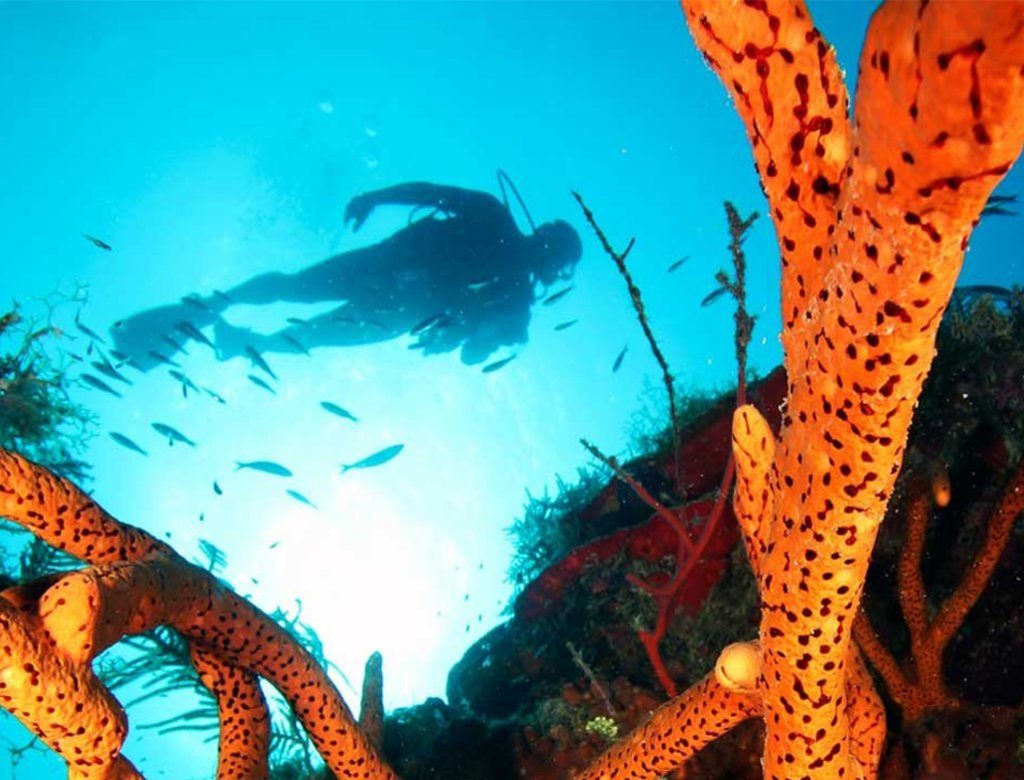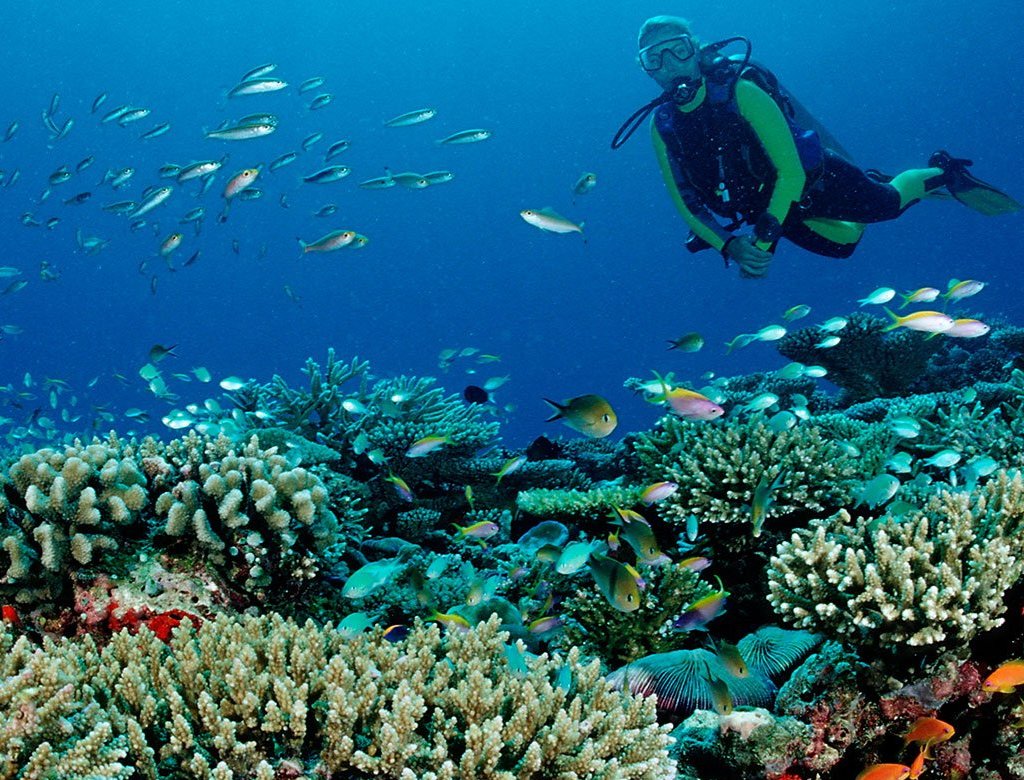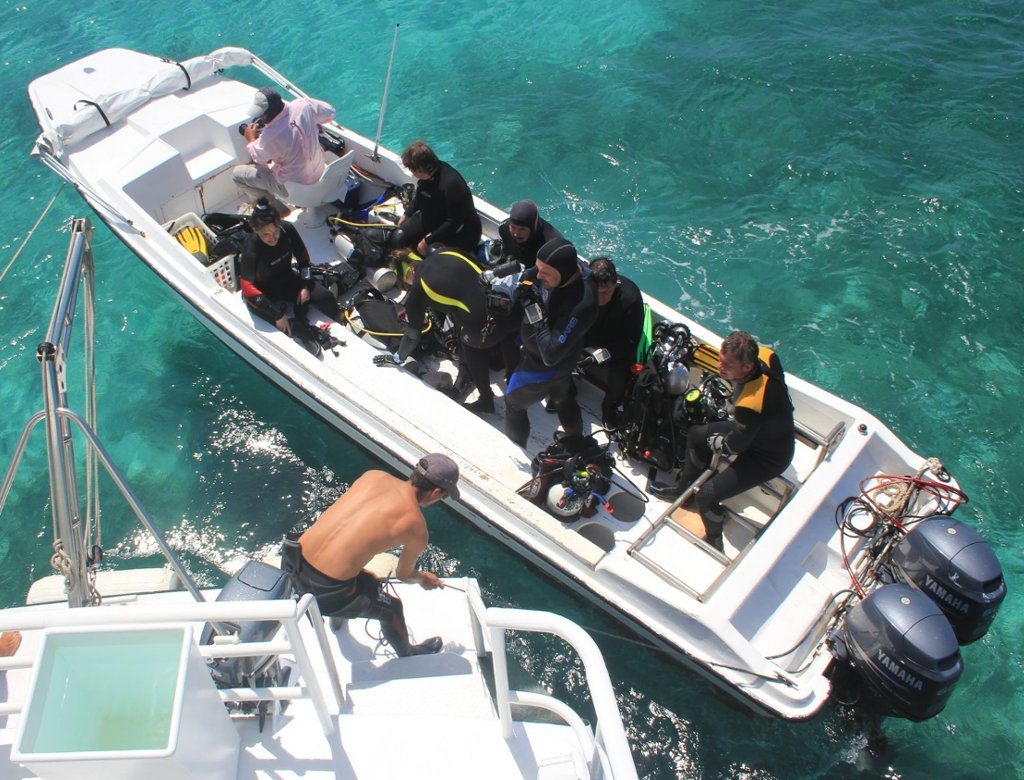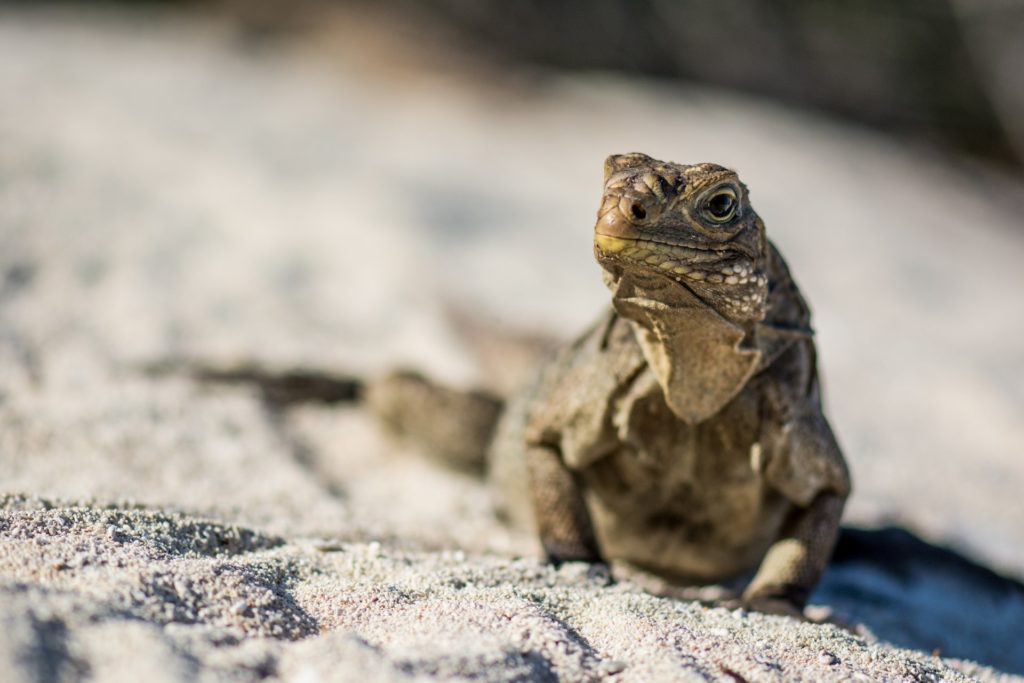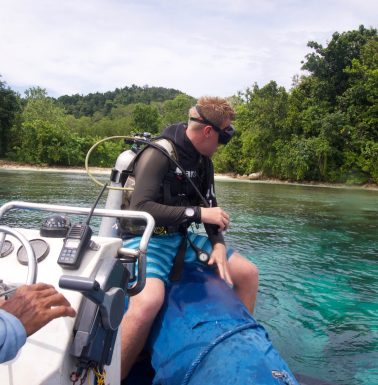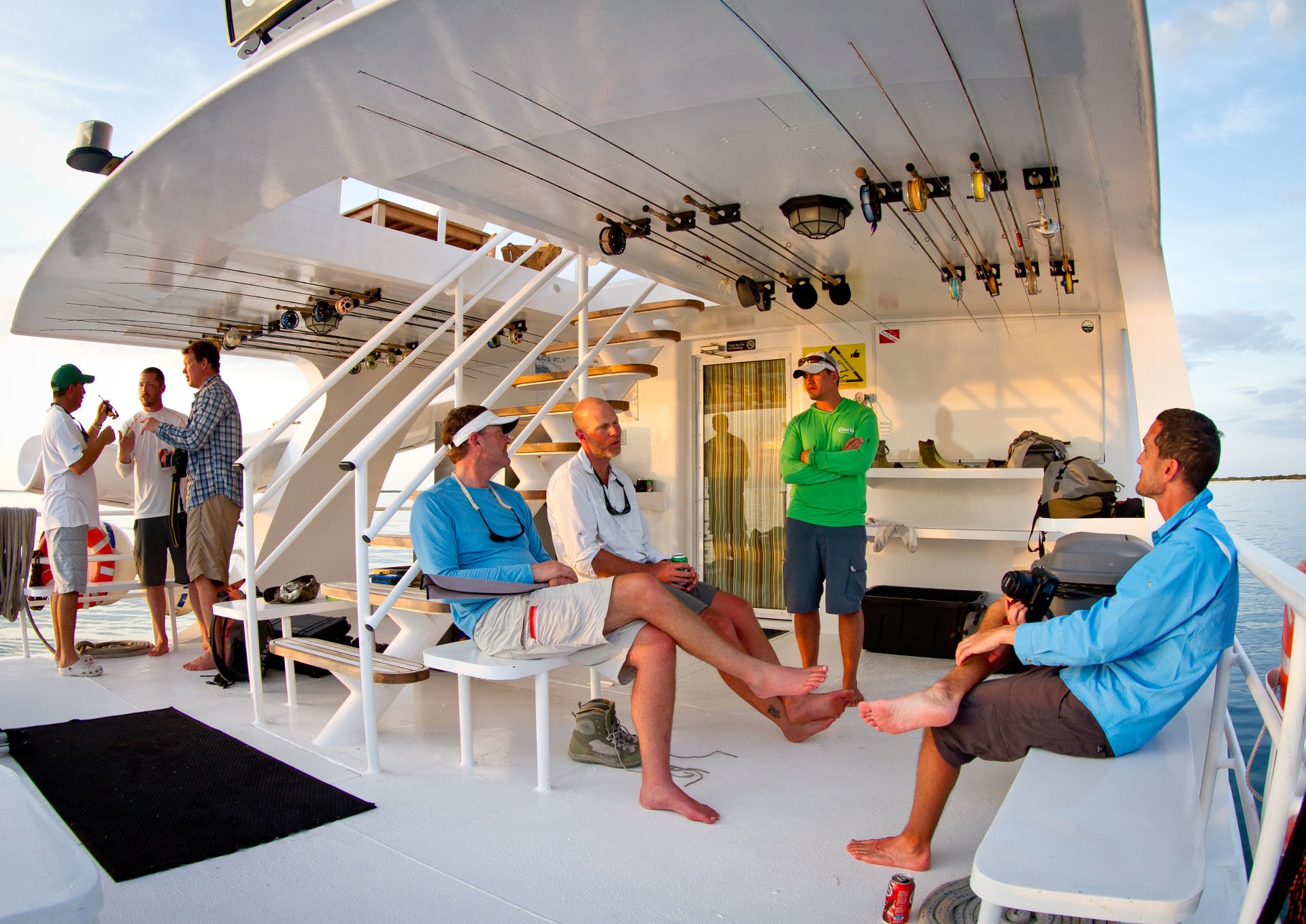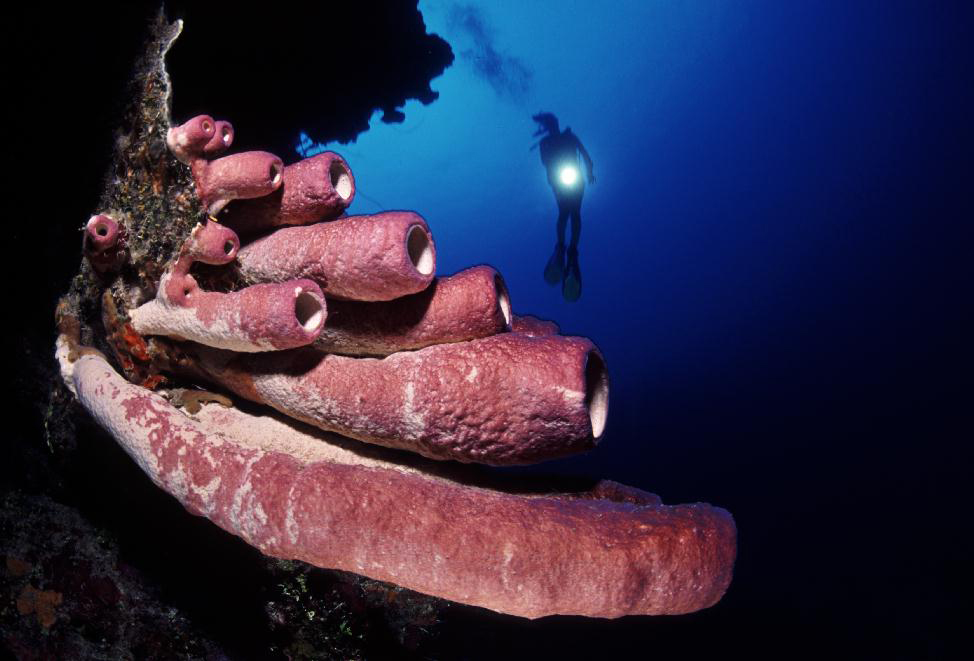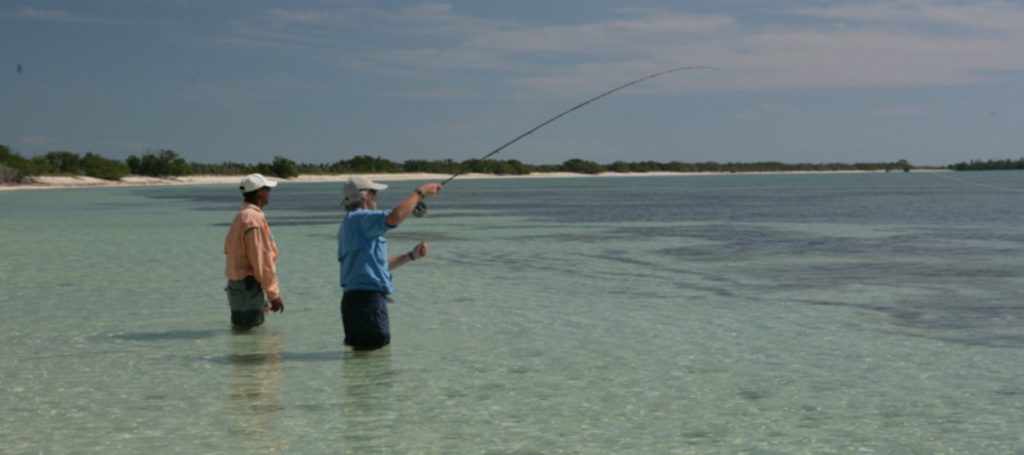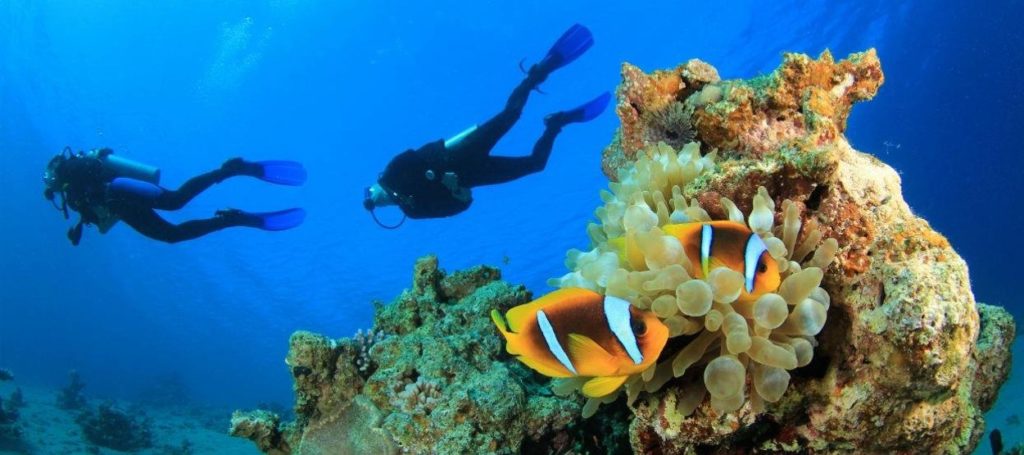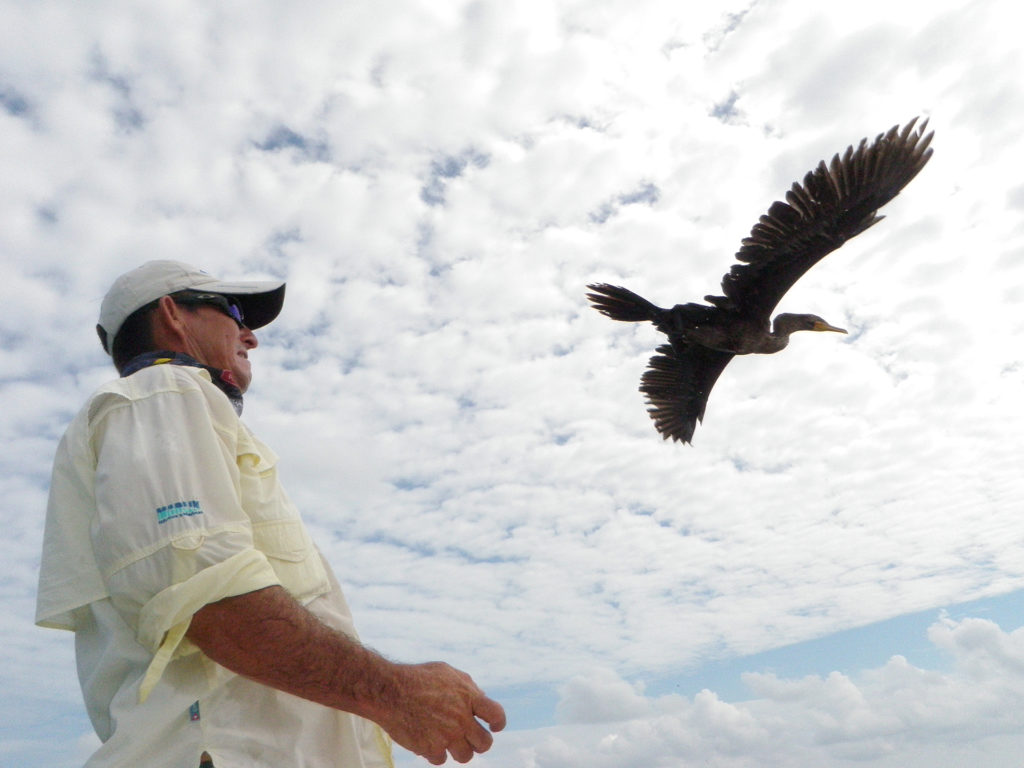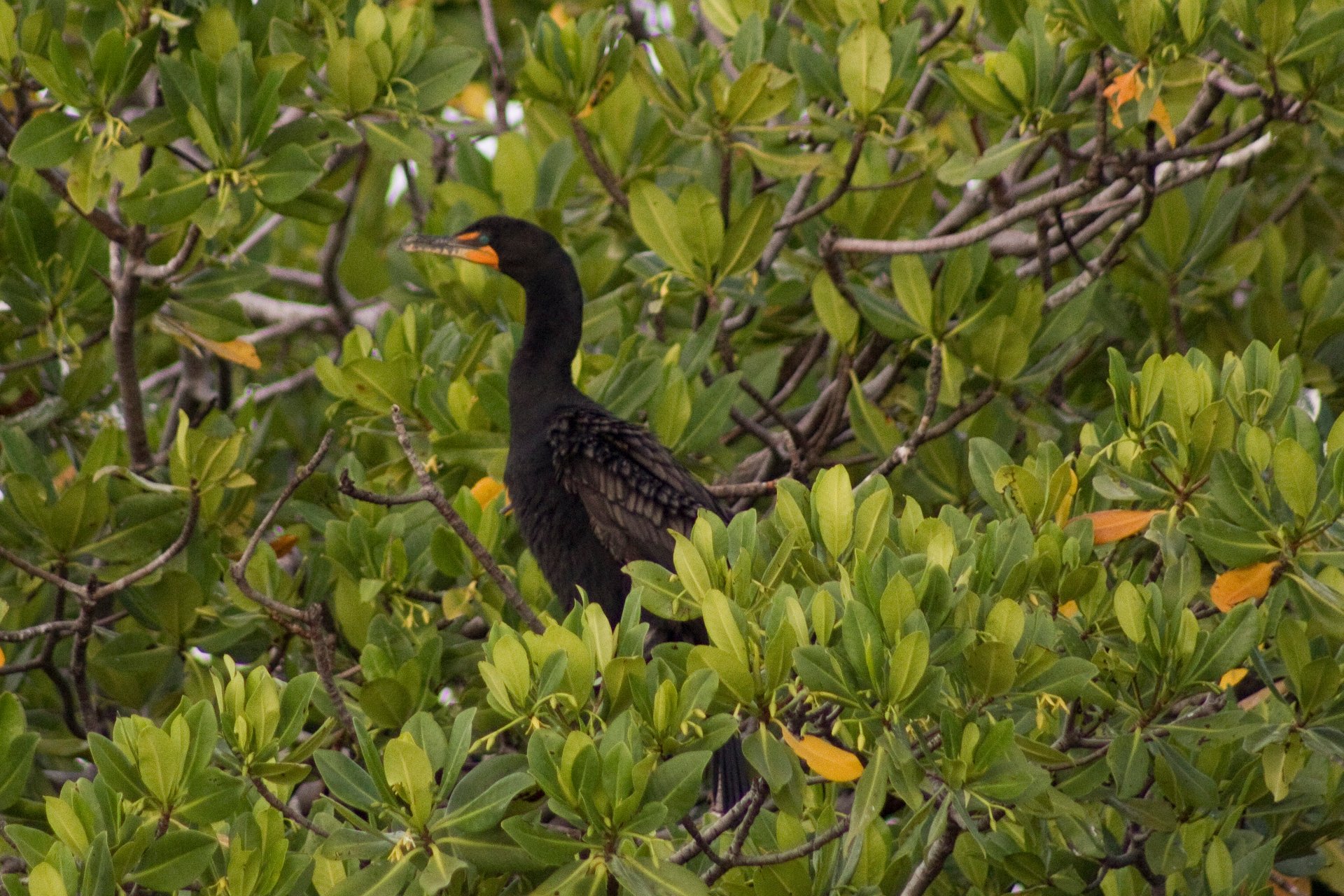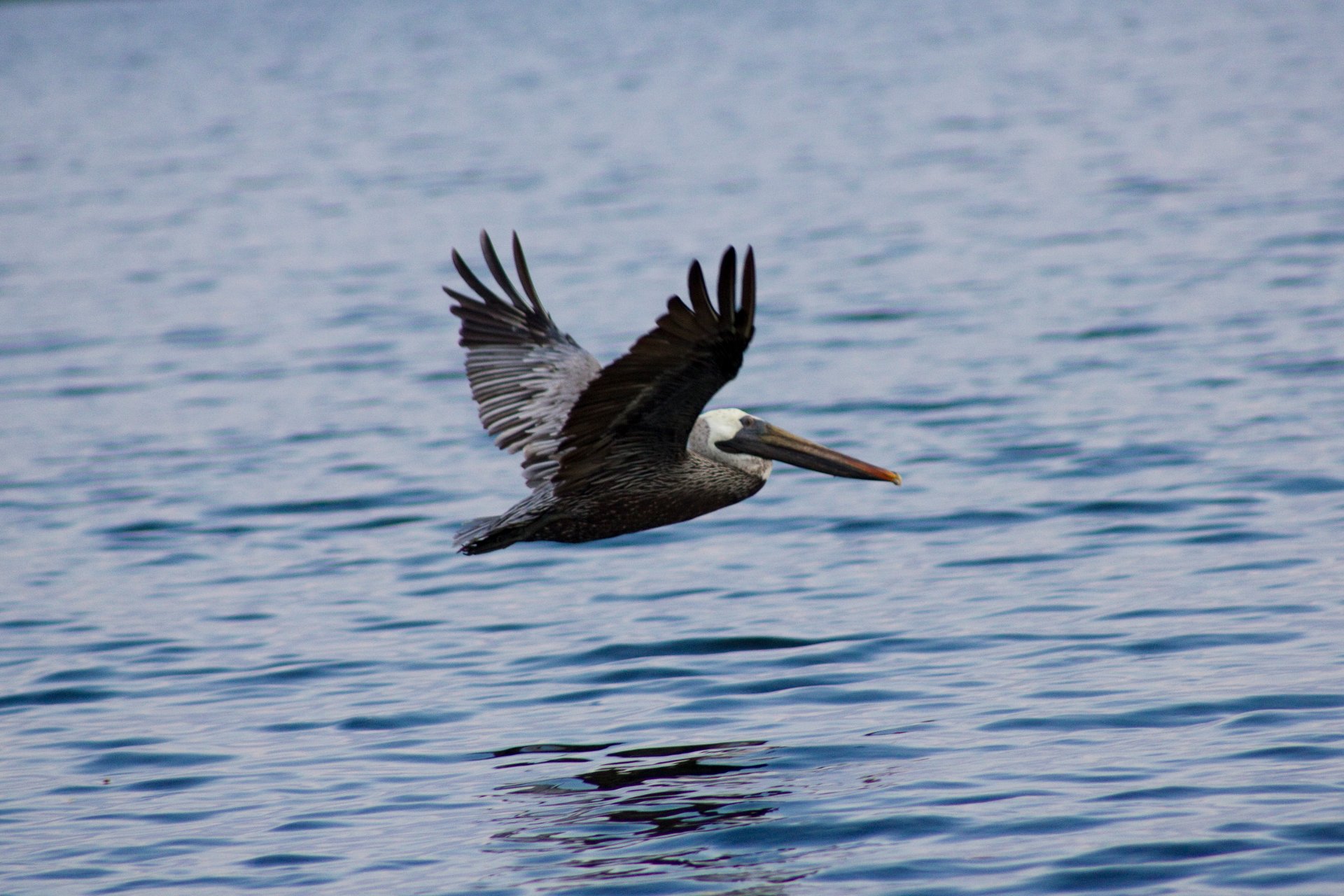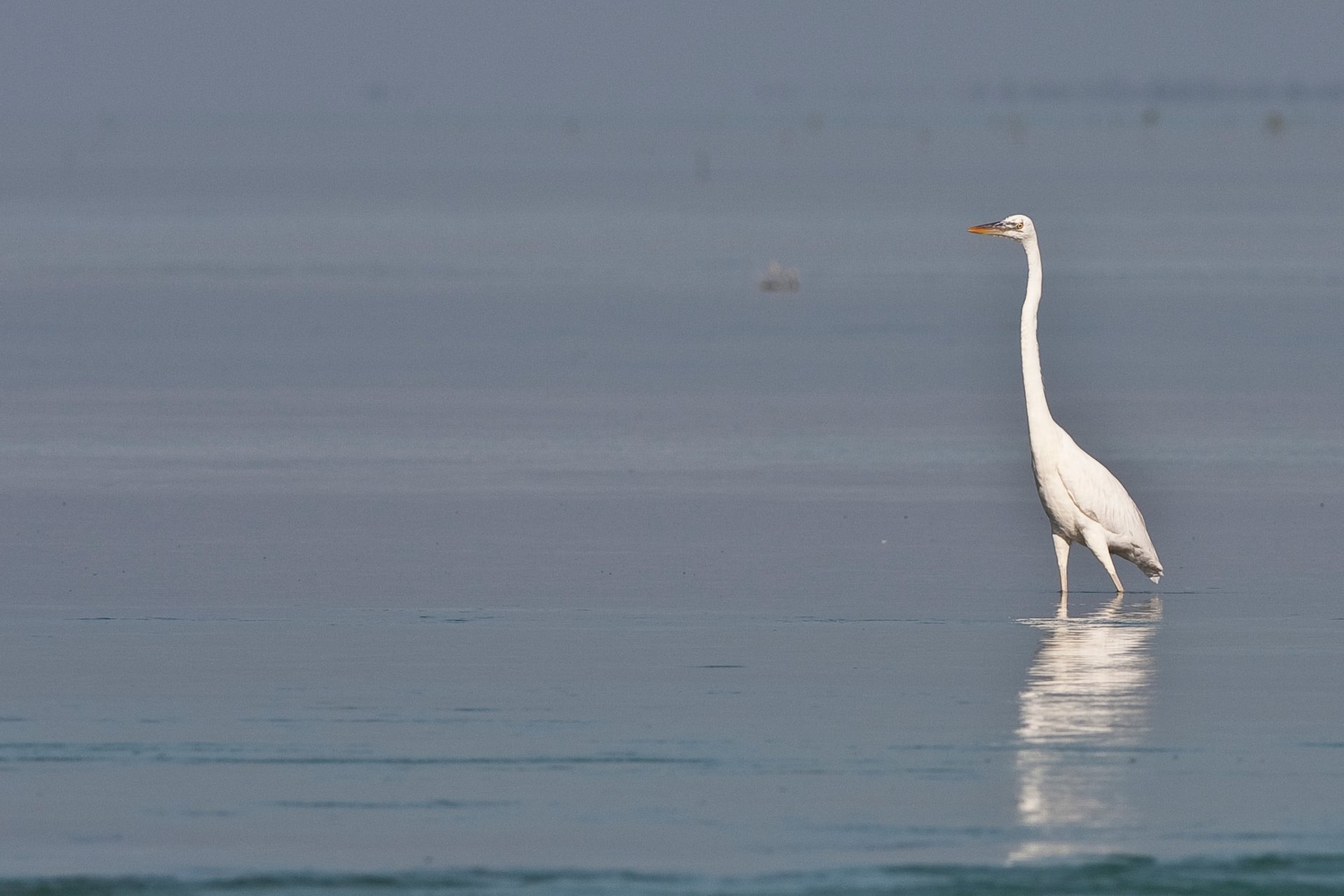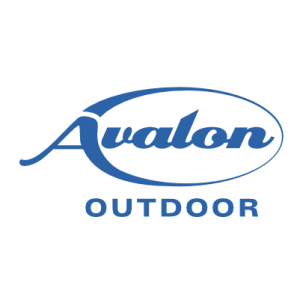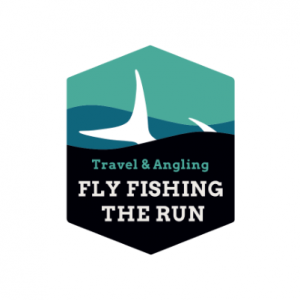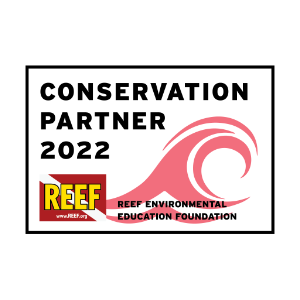Conservation, protection and sustainable management to all corners of the Earth
BLUE SANCTUARY
“Blue Sanctuary is an ideology centered around protecting vulnerable and important marine areas in Cuba”
Blue Sanctuary is a group of people, scientific researchers and humanitarians that share a strong passion for the oceans while furthering their understanding and support for these places by participatory research and environmental projects. Blue Sanctuary has a history of 30 years in protecting the marine parks in Cuba, but the mission of the organization is to spread this model of conservation, protection and sustainable management to all corners of the Earth.
About us
Who we are
Blue Sanctuary has a history of 30 years in protecting vulnerable and important marine areas in the world.
What we do
All our work is based in the next principles: Conservation, Protection and Enforcement,Sustainable Use, Community Benefits.
Where we work
The National System of Protected Areas of Cuba, an archipelago in the Caribbean Sea, close to the Gulf of Mexico.
PROTECTION AND ENFORCEMENT
Conservation is a wonderful idea in theory, however it must be effectively and consistently implemented with a viable protection and enforcement system.
- ECOLOGICAL FOOTPRINT
- SUSTAINABLE UTILIZATION
- SUPPORTING CONSERVATION
- PROFESSIONAL RESEARCH
- ENVIRONMENTAL PROJECTS
- COMMUNITY BENEFITS
Guarantee the conservation and the sustainable use of the Cuban biodiversity, considering it an objective, prioritized within the National program of Environment and Development
MARINE MANAGEMENT
SUSTAINABLE RESEARCH METHODS
Expert and professional fly fishermen from around the world take part in investigative research methods gathering data to assist in strengthening the first Fly Fishing Only sanctuary environmental project. Accumulated data is used to continue to improve the quality of the marine wildlife and supporting ecosystems through project implementation and sustainable methods.
Expert and professional scuba divers from around the world take part in investigative research methods gathering data to assist in strengthening the marine park protection environmental project. These unique data gathering methods, including submersions along the coral reef, allow scientists and biologists to improve the quality of the marine wildlife and supporting ecosystems creating a greater level of harmony and refuge within the project area.
WILDLIFE
Travel can be much more than simply visiting places, taking pictures and buying souvenirs. When executed mindfully, and with the minimum impact, travel can inspire cultural awareness, tolerance, and commitment to environmental responsibility. Our wildlife programs are implemented by humanitarian travelers seeking to offer assistance in environmental projects within the marine parks of Cuba. The various projects and efforts lead to a more fulfilling and impactful travel experience.
The protected wetlands of the Zapata peninsula attract hundreds of thousands of migrating birds every year. Many birds winter in Cuba, and many more use the island as a stopover when migrating between North and South America. In addition, the other marine parks of Jardines de la Reina, Cayo Largo, Isla de Juventud, Jardines del Rey, and Cayo Romano act as important and irreplaceable sanctuaries for these migratory species. The protection of vital habitats and nesting sites is a cornerstone environmental project drawing professional researchers from around the world to better understand these key species and ecosystem interactions.
The success of the environmental projects and the research based sustainable management program depends on the full participation by each humanitarian traveler and professional researcher.
The traveler and researcher has a duty to actively engage in a full schedule of daily activities in order to foster cooperation while developing an environment of education surrounding the week’s experience in the marine park. The personal initiative to organize and execute daily activities is essential in furthering the success and dynamics of the environmental project making it an enriching and productive venture towards sustainable management and active ongoing education.
Environmental Projects
Programs & Itinerary
Professional Research
Programs & Itinerary
PARTNERS
LAST NEWS
- Cuban Marine Parks during Pandemic
- World Oceans Day
- WE NEVER STOP…
- THE FISH SPECIES OF THE NORTHERN COAST OF CIEGO DE AVILA PROVINCE, CUBA
- THE ANA MARIA KEYS WILDLIFE REFUGE: A HIDDEN TREASURE IN CENTRAL CUBA’S SOUTHERN COAST
- THE PARROTFISHES OF THE GARDENS OF THE QUEEN: A COLORFUL FAMILY OF GREAT ECOLOGICAL IMPORTANCE


